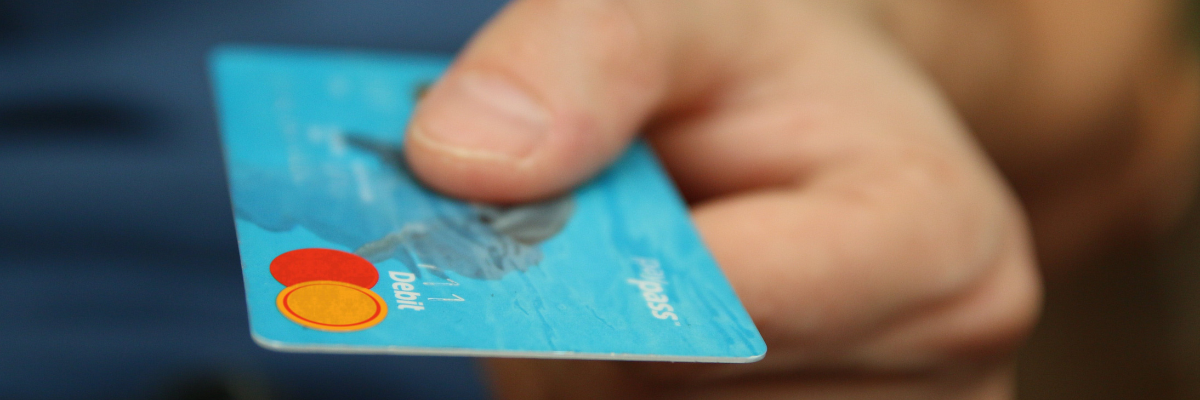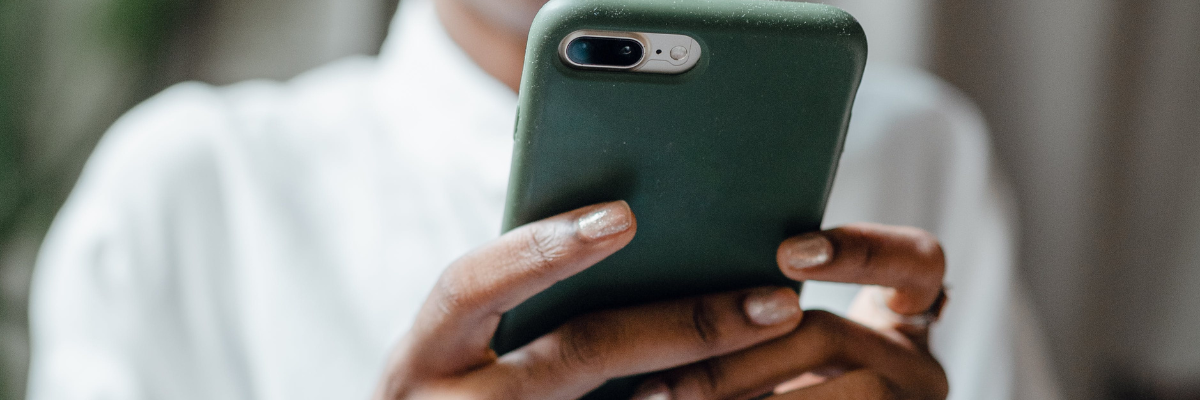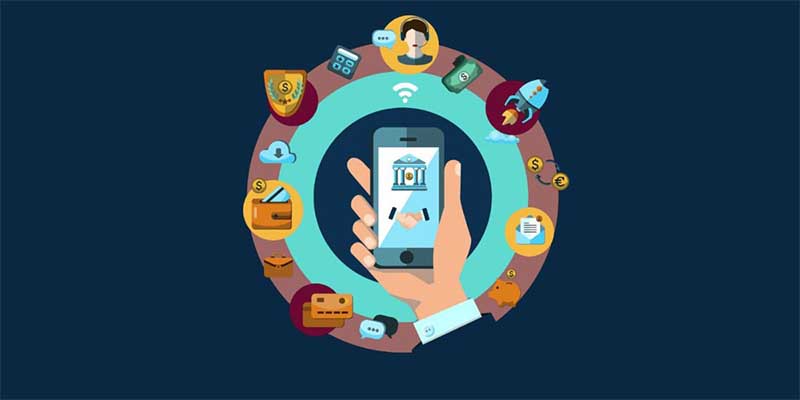If you've found yourself wondering, "Why can't I open a bank account?" or "Why can't I open a bank account online?" you're not alone. Opening a bank account is a routine financial activity for many, but the process is not as straightforward for some individuals. Various factors, such as a poor financial history or lack of required documentation, can contribute to this challenge.
In this comprehensive guide, we will delve into the common dilemma "Why can't I open a bank account?" and introduce five viable alternatives for those facing difficulties in traditional banking.
Opening a traditional bank account is typically a long and complex process, requiring a lot of personal information and records. Thus, there can be any number of reasons for your bank account process to go awry. These are the most common answers to the question, "Why can't I open a bank account?".
A low credit score is one of the primary reasons individuals face challenges when attempting to open a bank account. Banks often assess creditworthiness as part of their account opening process. Your credit score may be adversely affected if you have a history of late payments, defaults, or outstanding debts. This makes traditional banks hesitant to offer you an account as you might seem an untrustworthy applicant.
Previous banking problems, such as a history of overdrafts, bounced checks, or account closures, can create hurdles in opening a new bank account. Banks may view these issues as red flags, signaling potential financial instability or irresponsible account management.
When choosing to open a bank account, much personal information is required ( as noted above). These include,
Banks have stringent Know Your Customer (KYC) regulations in place to prevent fraud and comply with legal requirements. The bank may deny your account application if you cannot provide the required identification.
When faced with challenges opening a traditional bank account, several alternative options exist to help individuals manage their finances effectively. Here are the five best alternatives to a traditional checking account:
Second-chance checking accounts are specifically designed for individuals who may have faced financial difficulties or can't open a bank account. These accounts often have fewer eligibility requirements and may not perform extensive credit checks. While they may come with certain fees, second-chance checking accounts allow individuals to rebuild their banking history and eventually transition to a standard checking account.
Prepaid debit cards offer a convenient and accessible way to manage finances when you can't open a bank account conventionally. These cards are not linked to a bank account but can be used for every day online and offline transactions. Prepaid debit cards are particularly beneficial for those with a low credit score or a lack of banking history, as they do not require a credit check.

In the digital age, online prepaid debit cards provide an additional layer of convenience. These cards can be applied for and managed entirely online, making them suitable for individuals who prefer or need to conduct their financial transactions remotely. Online prepaid debit cards often include virtual transactions, mobile app management, and enhanced security measures.
Various alternative financial services providers, such as check-cashing stores and money service businesses, offer services that can be alternatives for when you can't open a bank account. While these services may come with fees, they can provide essential financial services like check cashing, money orders, and bill payments without a traditional bank account.
Credit unions are nonprofit financial institutions that often have more flexible eligibility criteria than traditional banks. Some credit unions offer basic savings and checking accounts with fewer fees and less stringent requirements. Exploring local credit unions and their account options can be a viable alternative for those unable to open an account with a larger bank.
In the digital era of financial services, "Why can't I open a bank account online?" is another common question. While the process can seem simple enough, applications can get denied for a variety of reasons. These are the most typical reasons why customers can't open a bank account online.
One of the primary obstacles individuals may encounter when attempting to open a bank account online is technical issues. This can encompass a variety of challenges, including website glitches, server errors, or compatibility issues with the device or browser being used. Such impediments can frustrate users and hinder the completion of the online application process.
Some users can't open a bank account because they don't have consistent or reliable internet access in an age where online connectivity is paramount. Individuals residing in areas with limited internet infrastructure or facing financial constraints may find it challenging to access the internet consistently. This lack of connectivity can prevent them from completing the online account opening process, making it essential to address issues related to digital inclusion.
While digital interfaces offer convenience, some individuals, especially senior citizens, may feel uncomfortable or unfamiliar with the online account opening process. This discomfort can stem from a lack of digital literacy, anxiety about providing personal information online, or a general aversion to technology. Overcoming this barrier may involve education and support to enhance digital skills and instill confidence in navigating online platforms.
While opening a bank account online is simple for more seasoned users, there are others who perceive the online account opening process as complex. This is particularly common for individuals unfamiliar with digital financial transactions. The abundance of information, forms, and security measures can overwhelm users, leading to a reluctance or hesitation to proceed. Simplifying the process and providing clear instructions can help alleviate these concerns.
While the dilemma of "Why can't I open a bank account?" might be a current issue, it is always possible to prepare and overcome the challenges that prevent you from opening a checking account. However, overcoming these obstacles and moving forward involves a strategic and proactive approach. Here are vital steps individuals can take to improve their financial standing and potentially transition to traditional banking:
A favorable credit history is often crucial for gaining trust from traditional banks. Individuals who can't open a bank account can start by obtaining their credit reports to understand their current financial standing. Creating a plan to address and rectify these issues is essential if there are negative items, such as late payments or outstanding debts. Timely payments and responsible credit use can gradually improve credit scores, enhancing the likelihood of being approved for a traditional bank account.
Some financial institutions and banks offer credit-building products like secured credit cards or credit-builder loans. These tools allow individuals to demonstrate responsible financial behavior, allowing them to improve their creditworthiness over time. Successfully managing these products can contribute positively to one's credit history.
If past banking issues, such as overdrafts or account closures, are a significant reason why you can't open a bank account, taking steps to resolve these matters is crucial. This may involve paying off outstanding balances, settling disputes with previous banks, or working with financial counselors to develop a plan for addressing and rectifying past banking issues.
Many banks require specific identification documents as part of their account opening process. Ensuring that you have the necessary identification, as listed before, such as government-issued photo ID, proof of address, and Social Security Number, is essential. Obtaining and organizing these documents in advance can streamline the account opening process.
Knowledge is a powerful tool in overcoming financial challenges. When faced with the question, "Why can't I open a bank account?" explore financial education resources, attend workshops, or work with financial counselors. This can help rectify past mistakes and provide valuable insights into budgeting, managing credit, and making informed financial decisions. Understanding the fundamentals of personal finance empowers individuals to take control of their financial well-being.
Traditional banks will likely open accounts for individuals who can demonstrate financial stability. This includes maintaining a consistent income, having a positive balance in existing accounts, and showcasing responsible financial behavior. Creating and adhering to a budget can contribute to overall financial stability.
While facing challenges in opening a bank account can be daunting, exploring alternative options opens new avenues for financial management. Whether opting for second-chance checking accounts or embracing the flexibility of prepaid debit cards, individuals can make informed decisions that suit their unique circumstances. With proper awareness and financial responsibility, "Why can't I open a bank account?" would soon be answered and fixed quickly.

By Lucy Lee/Mar 29, 2024

By Frederica/Mar 18, 2025

By Triston Martin/Apr 24, 2024

By Vicky Louisa/May 22, 2025

By Lucy Lee/Apr 13, 2024

By Frederica/Feb 21, 2024

By Mark Allen/Mar 28, 2024

By Verna Wesley/Nov 19, 2024

By Eleanor/Apr 08, 2024

By Triston Martin/Apr 27, 2024

By Frederica/May 03, 2024

By Darnell Malan/Oct 13, 2024